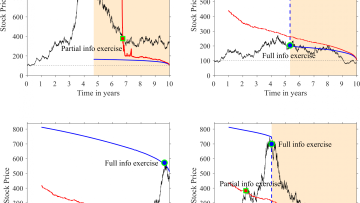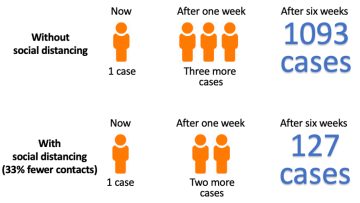14:00
Erdős covering systems
Abstract
A covering system of the integers is a finite collection of arithmetic progressions whose union is the set of integers $\mathbb{Z}$. The study of these objects was initiated in 1950 by Erdős, and over the following decades he asked a number of beautiful questions about them. Most famously, his so-called 'minimum modulus problem' was resolved in 2015 by Hough, who proved that in every covering system with distinct moduli, the minimum modulus is at most $10^{16}$.
In this talk I will describe a simple and general method of attacking covering problems that was inspired by Hough's proof. We expect that this technique, which we call the 'distortion method', will have further applications in combinatorics.
This talk is based on joint work with Paul Balister, Béla Bollobás, Julian Sahasrabudhe and Marius Tiba.





